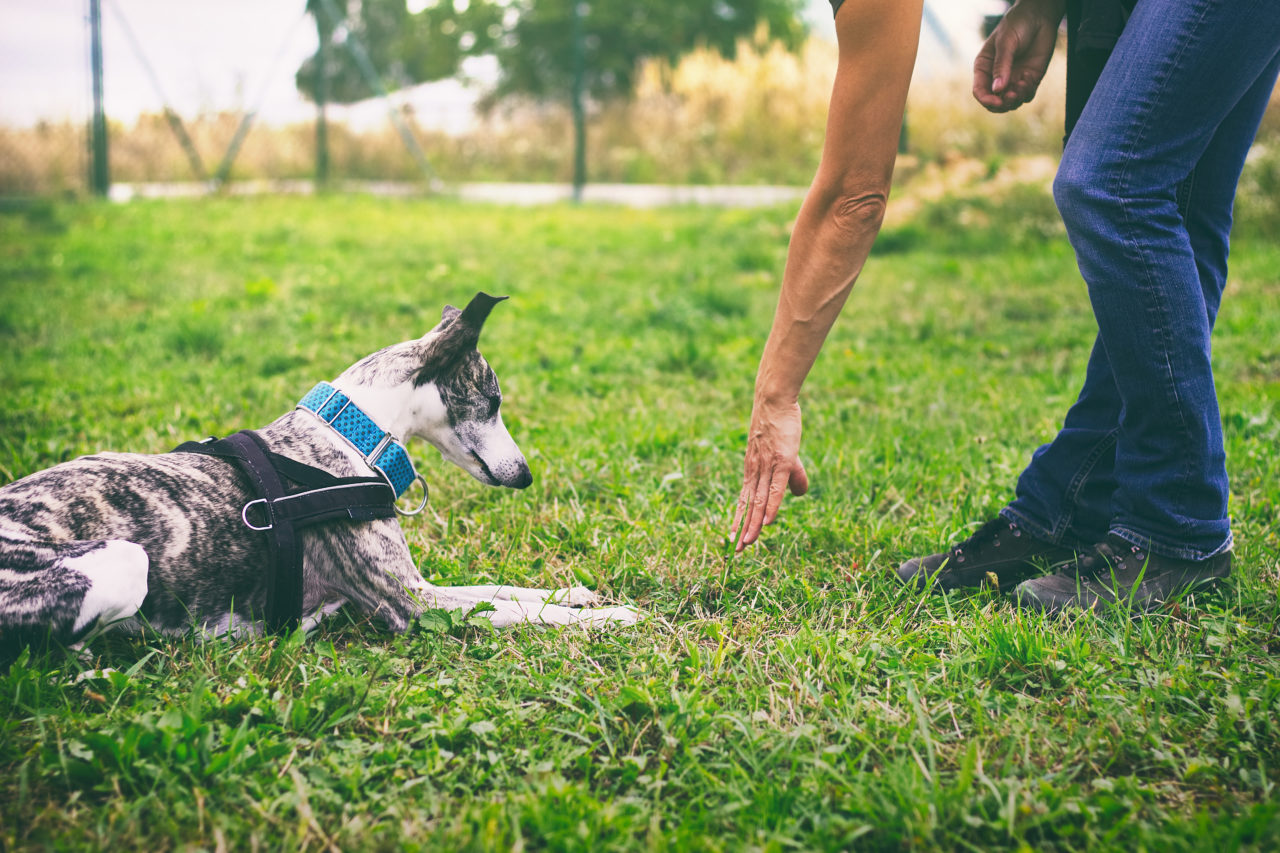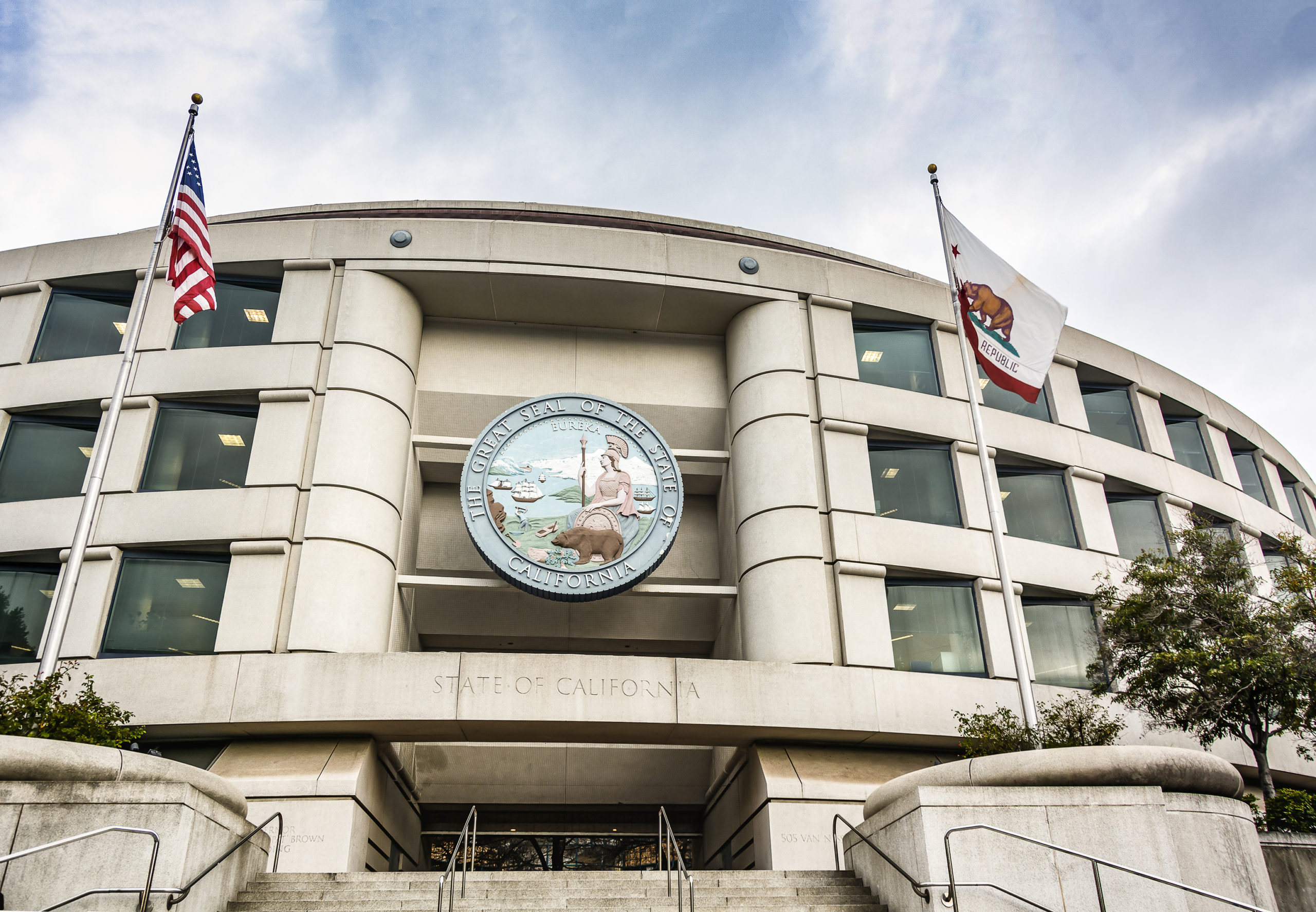California has the distinction of having more dog bite cases than any other state in the country. In 2017, State Farm reported the company paid more than $132 million while processing around 3,600 dog bite claims.
That is just one insurance company.
Before 1931, California was considered a one bite state, but as more people flocked to the Golden State, lawmakers enacted a bill that made California a strict liability state when it comes to dog bites. What is strict liability for dog bite cases and how does it differ from the one bite rule that many states follow?
Strict Liability: California Civil Code Section 3342
According to Section 3342 of the California Civil code, dog owners are legally liable for any damages caused when a victim gets bit by a canine. A dog bite can happen on both public and private property, which includes a dog owner’s private property. For example, a dog owner is legally liable for his or her dog biting a postal worker who delivers mail on the dog owner’s property.
Dog owners in California must pay damages for dog bite injuries, even if a dog has never displayed aggressive behavior. Strict liability applies to virtually every dog bite incident, but there are a few exceptions to the strict liability rule. First, a victim cannot file a claim against a dog that works for a government or a law enforcement agency if the bite happened when the dog was working with an employee of the agency. Second, any dog that bites a person who harassed or provoked the dog is not covered under the strict liability law.
Strict liability is all about a dog bite, not a dog jumping on someone or scratching another person with its paws. Anyone that experiences aggressive canine behavior that does not involve a dog bite has the right to file a negligence claim against the dog owner.
Section 3342 of the California Civil Code also places an extra legal burden on a dog owner whose dog previously bit a person. Dog owners that have canines that have previously bitten someone must take steps to prevent future biting incidents. Failing to do so can lead to both civil and criminal penalties under California strict liability statutes. Criminal penalties can include removing the dog from its owner’s home or euthanizing the canine if the dog bite incidents were particularly violent.
The One Bite Rule
Many states still follow the one-bite rule when it comes to dog bite incidents. The one-bite rule means dog owners can be held liable for their dogs biting someone if they knew or should have known about their dog’s aggressive tendencies.

This means that if a dog owner’s canine bites someone, the dog owner has a valid reason to take steps to prevent future dog bite incidents. For example, let’s say Judy’s Rottweiler Sam bit a postal carrier’s forearm. The bite did not break the skin, but Judy is now on notice that she has to take steps to control Sam’s aggressive behavior. Sam’s first bite makes Judy legally liable for subsequent bites.
Difference Between Strict Liability and the One-Bite Rule
The one-bite rule requires proof that a dog owner did not take steps to prevent his or her dog from biting a second person. One bite acts as a warning to the owner that the next bite holds the owner legally liable for the dog bite. Strict liability holds a dog owner legally liable, regardless if the dog owner implemented measures to prevent future dog bite incidents.
For example, if Judy lived in a strict liability state, the first bite that did not break the skin on the postal carrier’s forearm is the bite that holds Judy legally liable. Since Judy lives in a one-bite law state, the first bite on the postal carrier is Judy’s warning to prevent future bites. If a second bite occurs, Judy is held accountable by state law.
Work with a Dog Bite Attorney
If you were bitten by a dog in California, you probably qualify for damages because the state uses the strict liability legal doctrine for civil lawsuits. To make sure you have a strong enough case to file a civil lawsuit that seeks damages, contact a California personal injury lawyer who litigates dog bite cases. Damages can come in both monetary and non-monetary forms, with monetary damages covering lost wages and medical bills.





